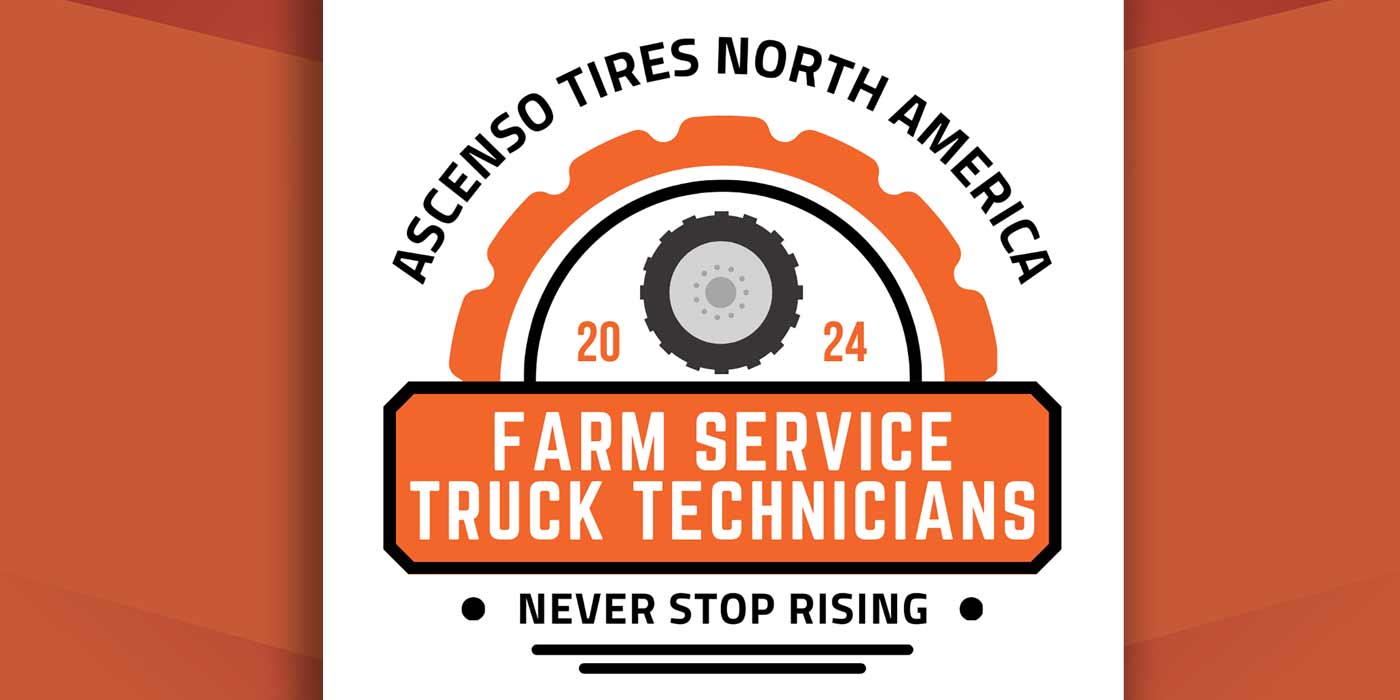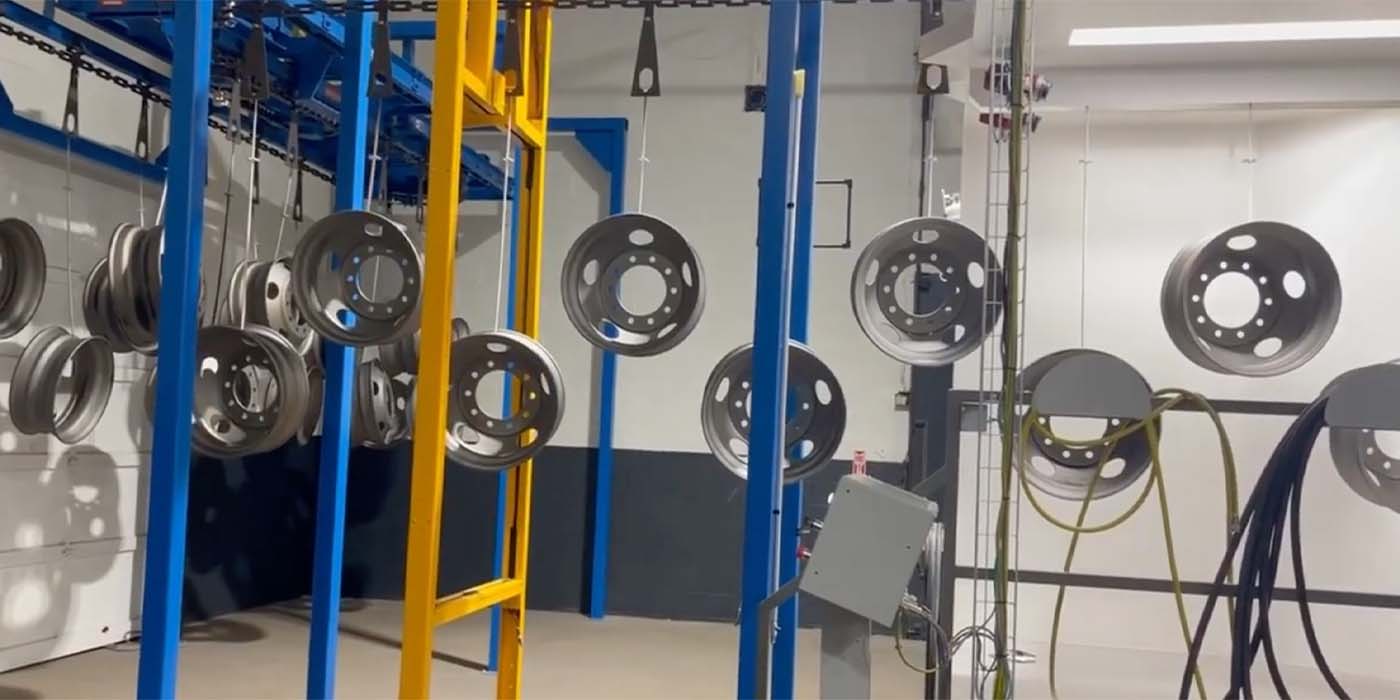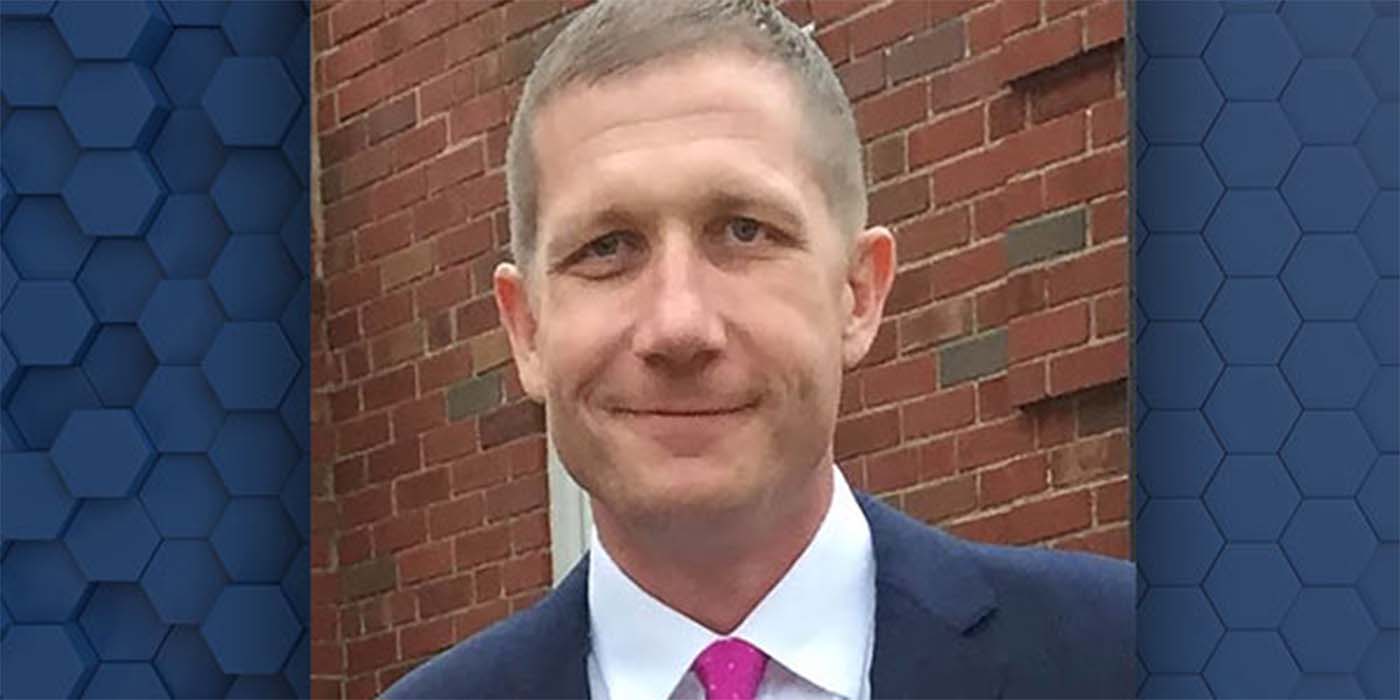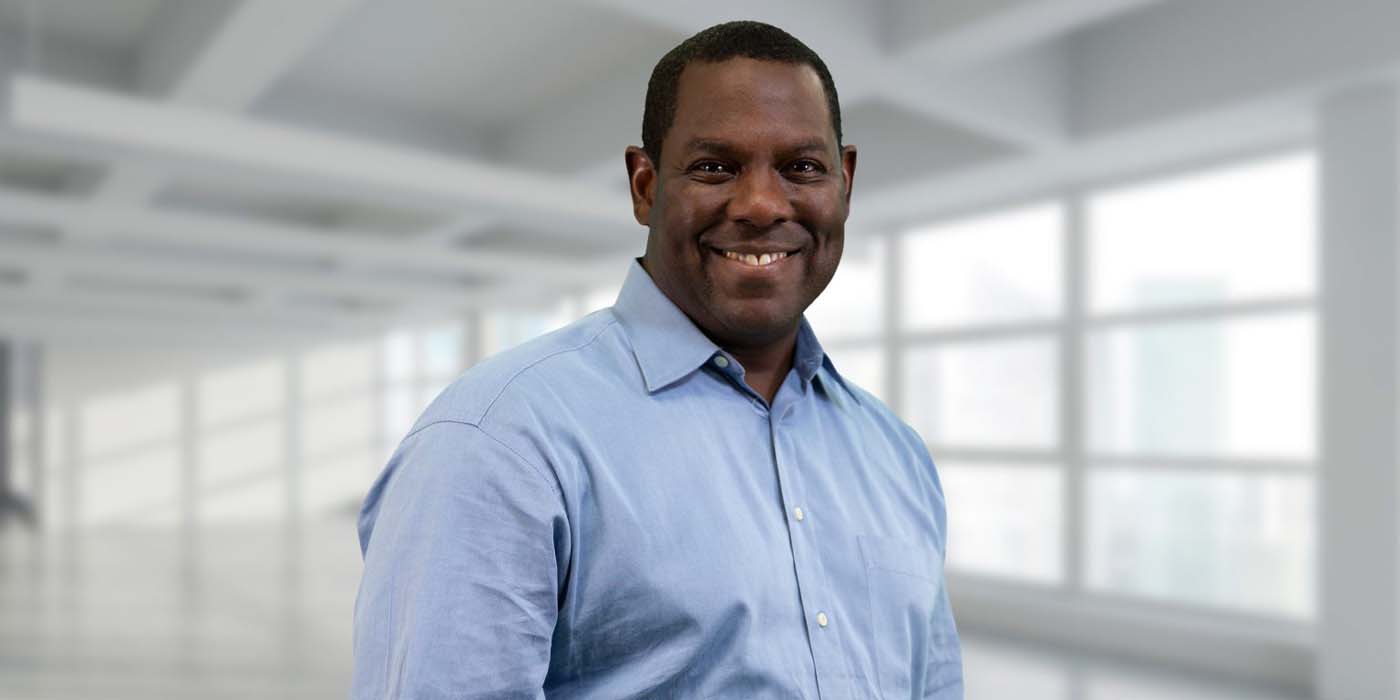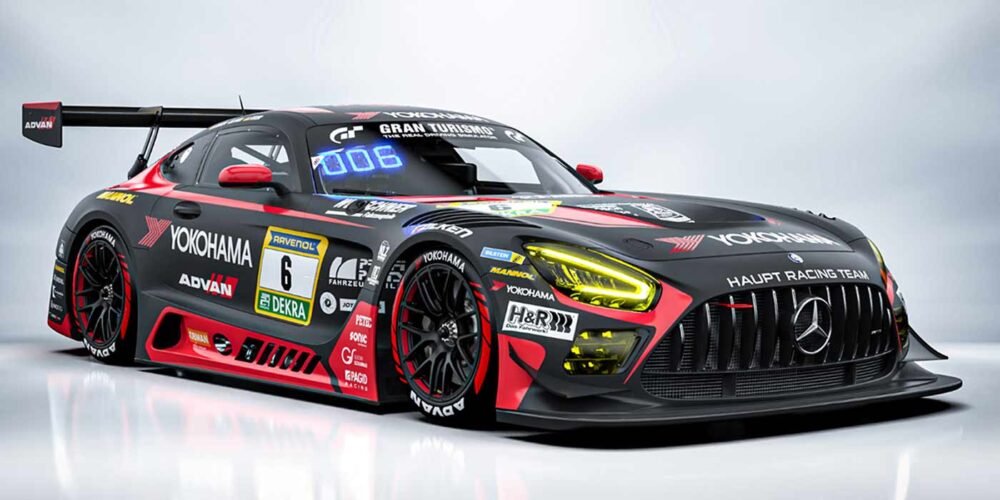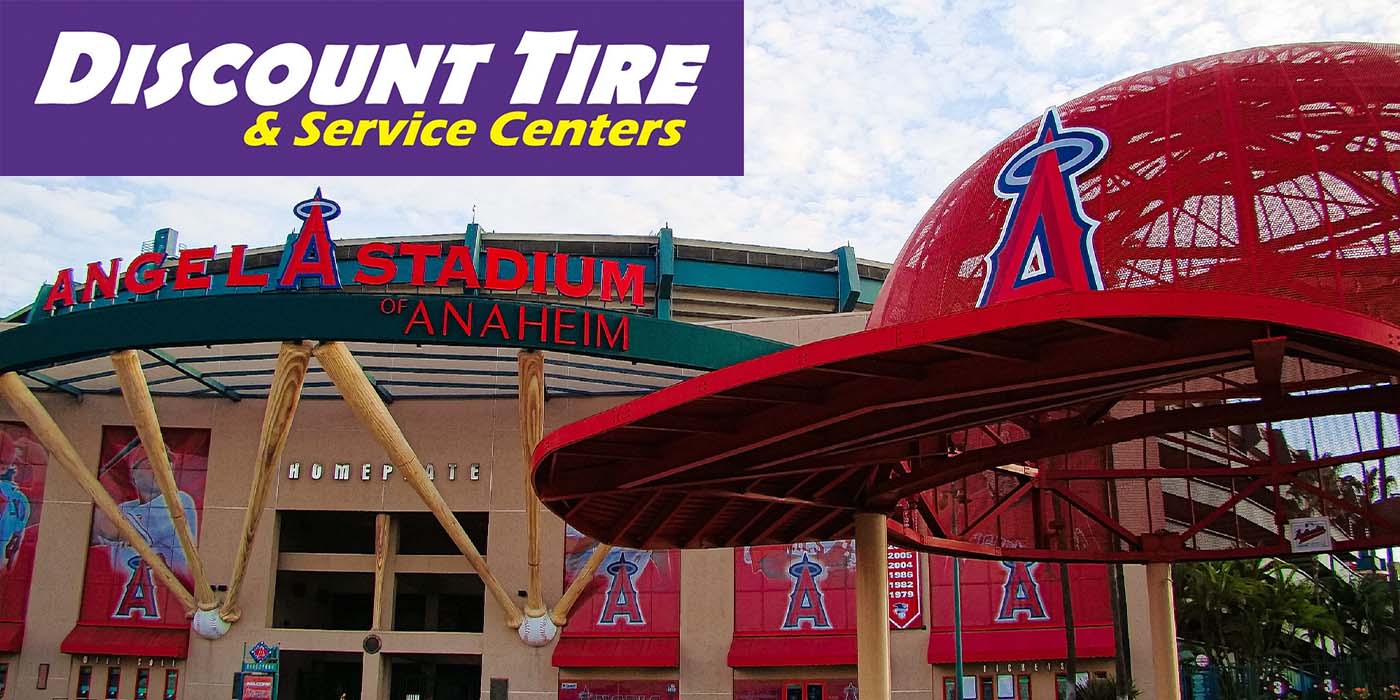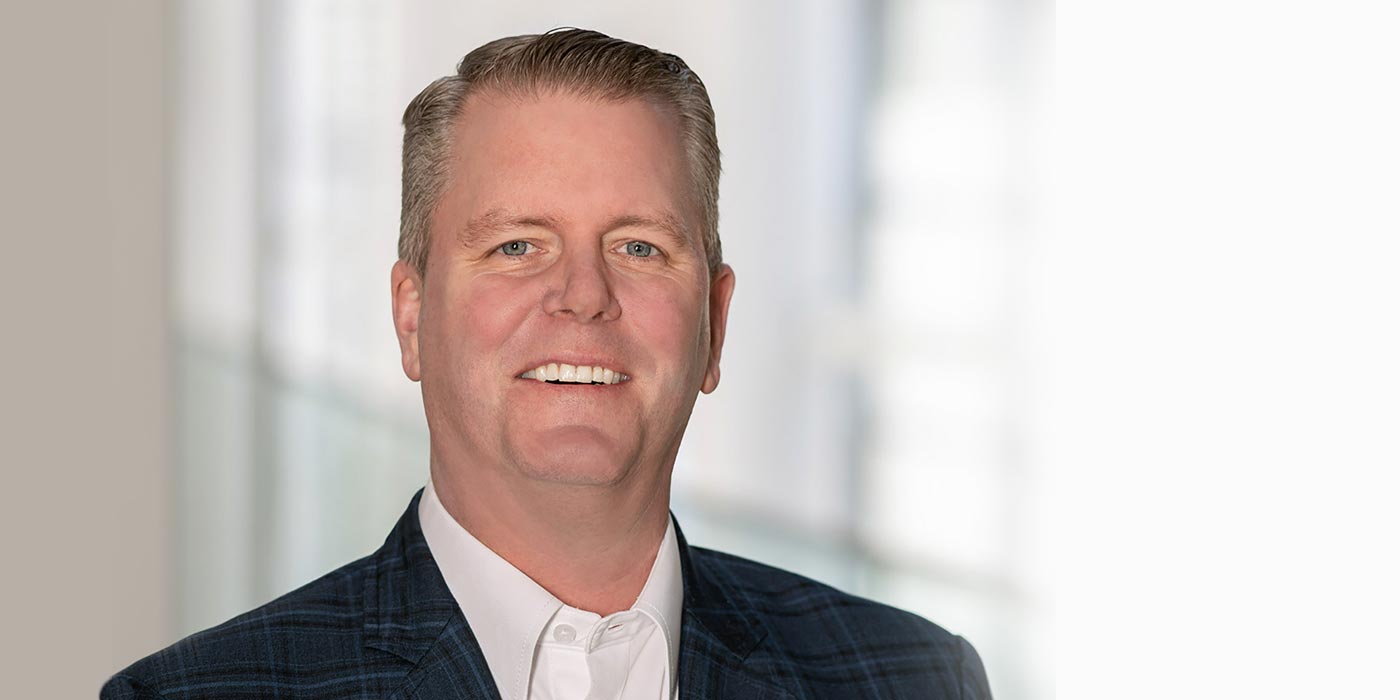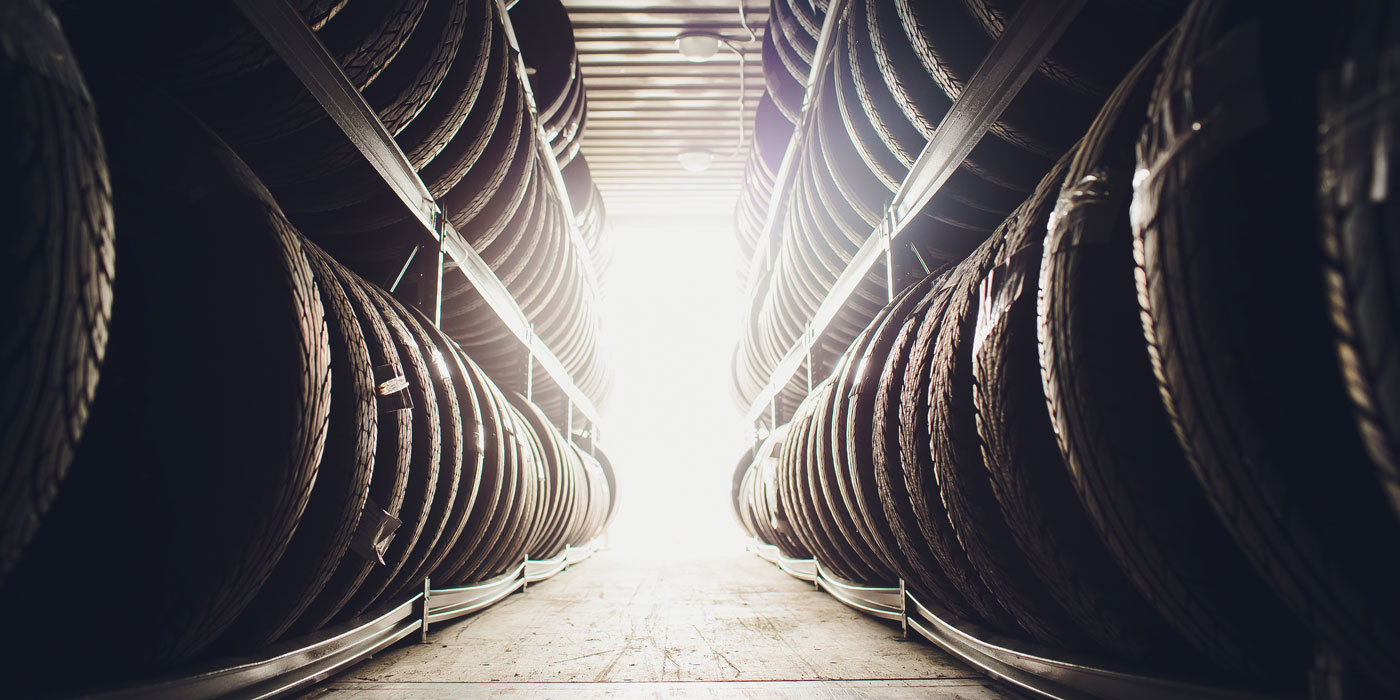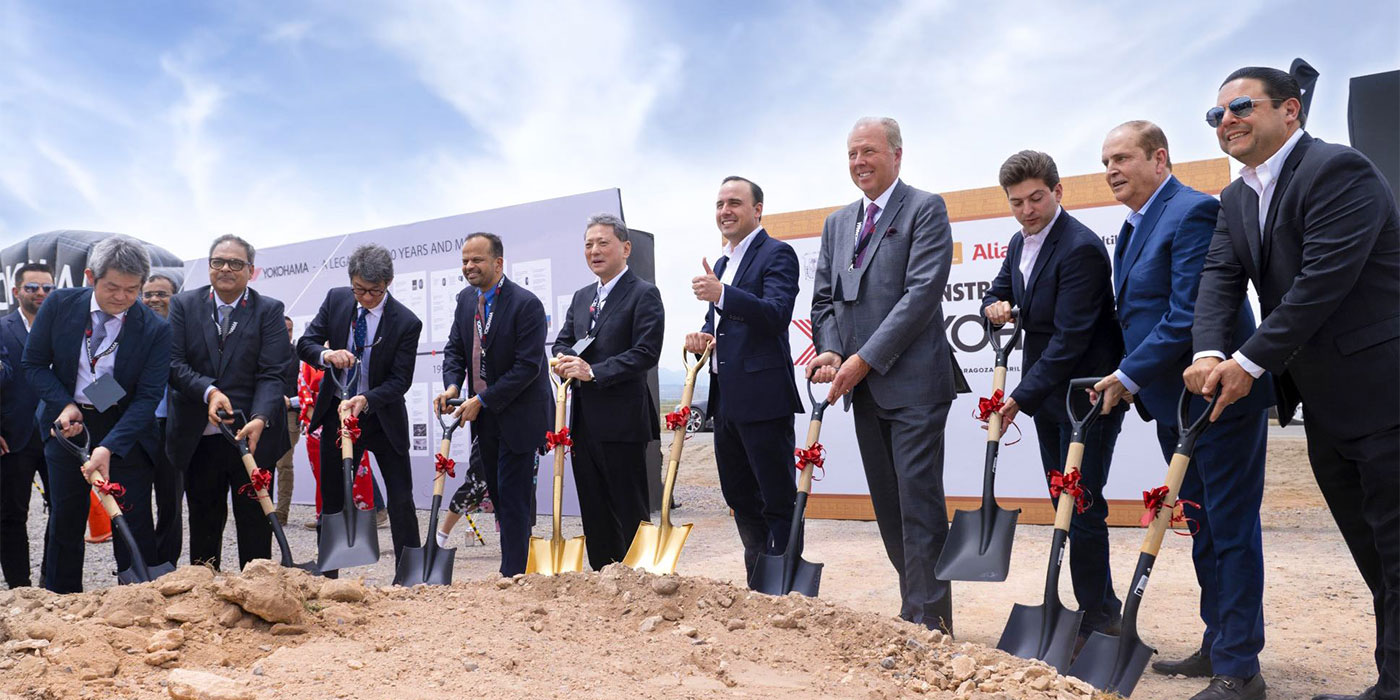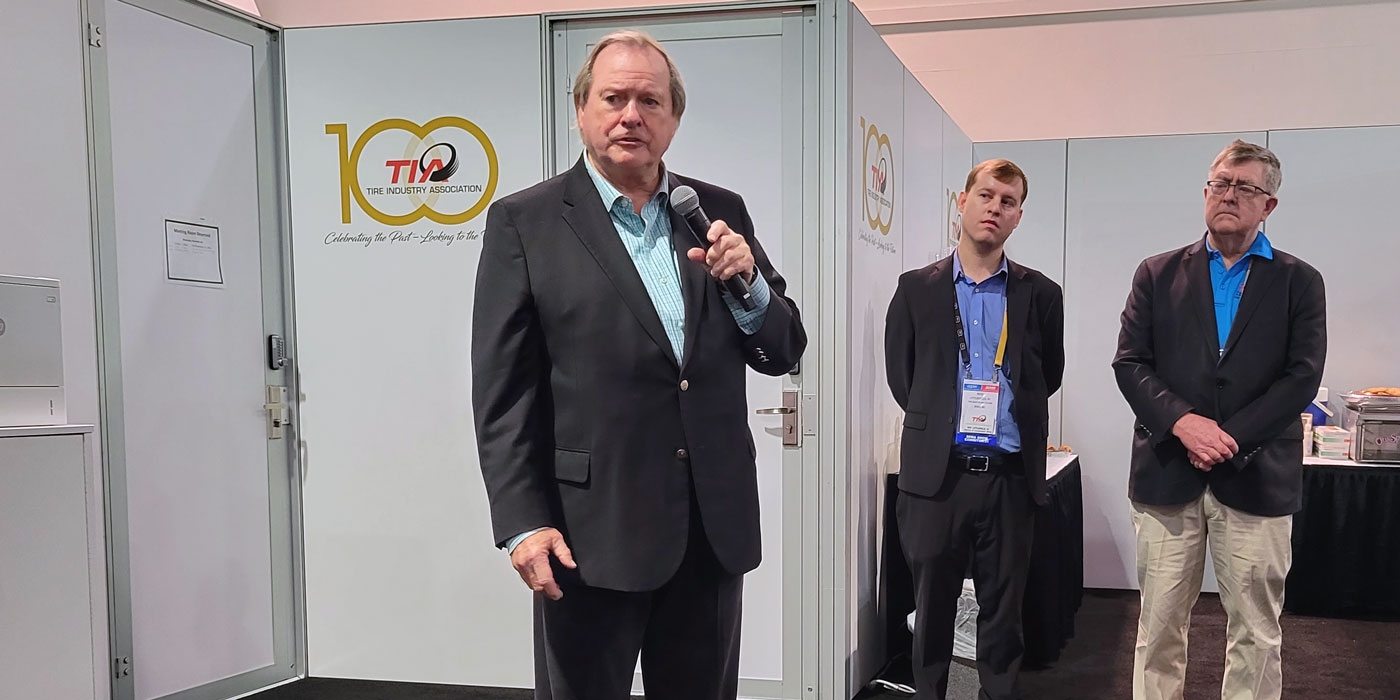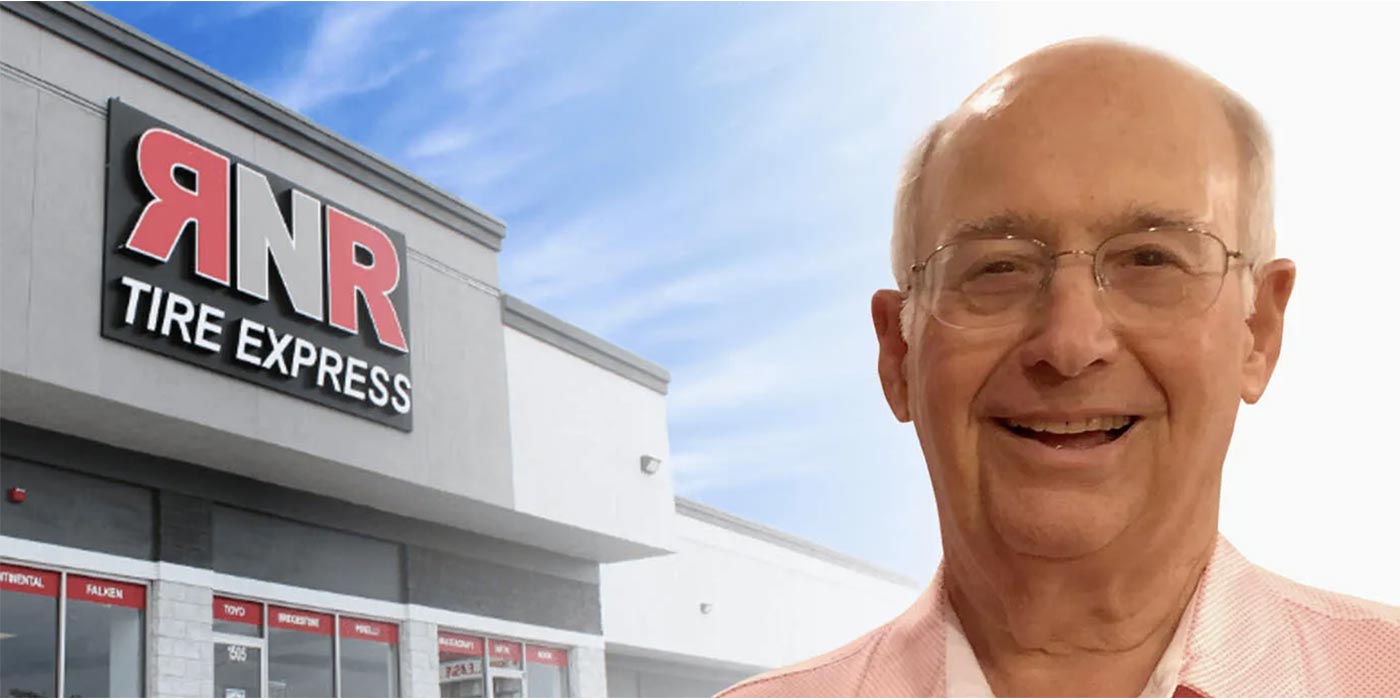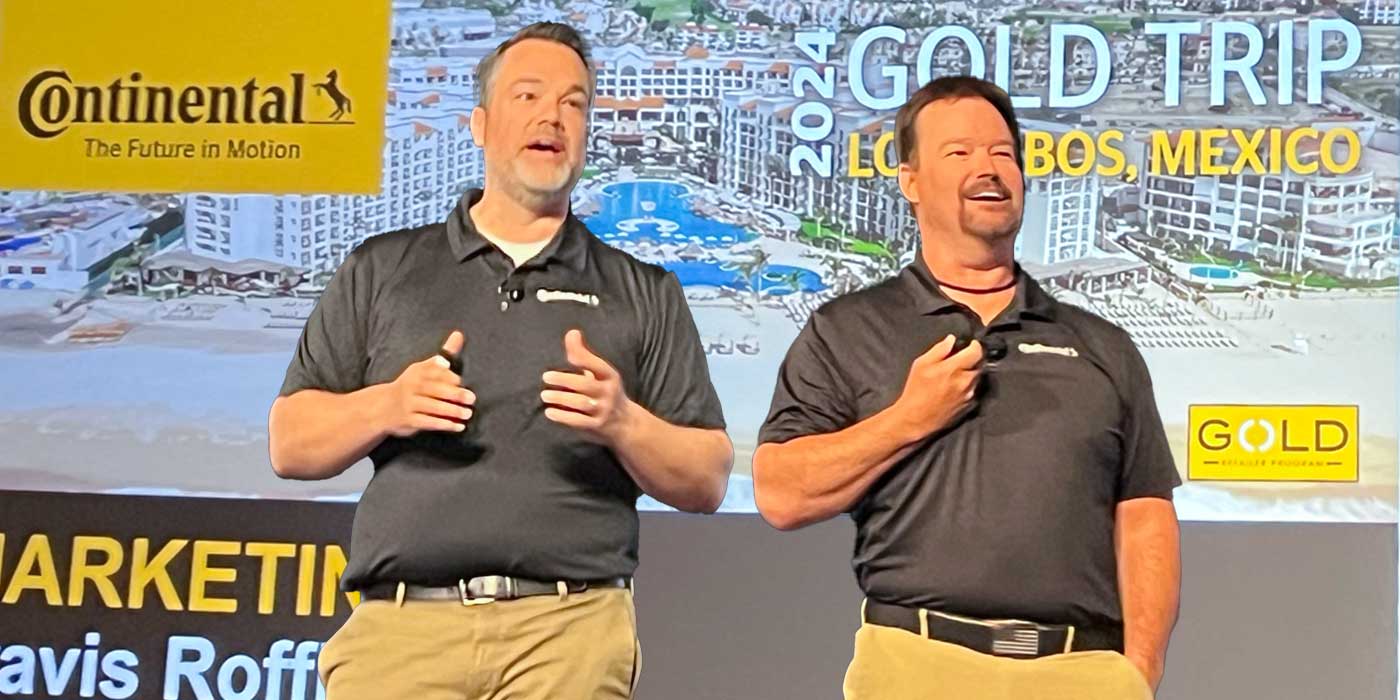Is the NFL on the Right Team?
By Dave Zirin
The Super Bowl is perhaps the last cultural event that unites a majority of Americans. Whether the game is a thriller or a snooze, Super Bowl Sunday is a day to gather with friends, rate the commercials, assess the halftime show and wear pants with elastic waistlines.
On Feb. 3, though, pay close attention to the halftime show. Tom Petty is performing, which means that any wardrobe malfunction could lead to the fall of Western civilization.
The show also stands to be a commercial bonanza for its sponsor, Bridgestone/Firestone. The Fortune 500 company has been crowned the "Official Tire Sponsor" of Super Bowl XLII and Super Bowl XLIII. As John Gamauf, an executive with the company, said, the sponsorship "is an unprecedented opportunity to showcase the Bridgestone brand to the world."
Peter Murray, the National Football League’s senior vice president of partnership marketing and sales, chimed in: "By teaming with a global leader like Bridgestone, we can make America’s favorite event even more powerful."
But NFL Commissioner Roger Goodell might want to be more careful about who the league cozies up to, especially when the partner is known in some parts of the globe not for high-velocity tires but for highly exploitative labor practices.
The rubber business has historically been horrific for African workers, known as tappers, who collect sap from rubber trees on plantations south of the Sahara. The labor practices of the Firestone Natural Rubber Co., a subsidiary of Bridgestone/Firestone, in Liberia seem in keeping with this history.
For 81 years, the company has operated a plantation in Harbel, a company town in the truest sense. Its very name comes from founder Harvey Firestone and his wife, Idabelle. The town received its name after Firestone signed a 99-year lease with the Liberian government in 1926 that gave his company access to 1 million acres of land on which rubber trees grow. The sap – known as latex – collected on the plantation is shipped to the Bridgestone/Firestone plant in Nashville, where it is used to make tires, among other goods
According to a 2005 lawsuit filed by the International Labor Rights Fund, a Washington-based advocacy organization, Bridgestone/Firestone allegedly overworks, underpays and exposes its 4,000 Liberian employees to hazardous chemicals and pesticides. Its subsidiary also oversees what has been called de facto slavery.
Dan Adomitis, president of Firestone Natural Rubber Co., said that "each tapper will [draw sap from] about 650 trees a day, where they spend perhaps a couple of minutes at each tree."
That translates into a 21-hour day. If employees don’t make that quota, their daily wage of $3.19 is cut in half. To avoid this, workers call on their wives and children to help them hit the number – and they go unpaid.
In addition to the lawsuit, which is pending in Indiana, Bridgestone/Firestone has drawn fire from other quarters. The Liberian Environmental Protection Agency has cited the company’s subsidiary for dumping toxic waste in Harbel’s Farmington River, and in early 2007, the corporate parent won the "Public Eye Global Award" for irresponsible corporate behavior because of its record on child labor and the environment. The "award" ceremony is held concurrently with the World Economic Forum in Davos, Switzerland.
Bridgestone/Firestone says that the plantation jobs pay well by Liberian standards and that they come with an array of essential social services.
Liberian workers may disagree, but in a country with 80% unemployment, they can’t just walk off the plantation and find another job. "In our country, you are young, then you get married, then you have children and then you die," Junior Tokpah, a tapper, was quoted as saying in a McClatchy News Service story published at the end of 2006. "There are no other prospects. That’s why I can’t complain about this work too much."
In July, the Firestone workers on the plantation took a different tack to protest their working conditions: They held an election and voted out the leaders of the longtime company-controlled union.
But the ousted company-appointed officials challenged the results in court, and Firestone refused to bargain with the new elected union leadership. In December, workers walked off their jobs, demanding that the company recognize their union.
Then later that month, the Liberian Supreme Court ruled that the July elections were legitimate and that Firestone would have to negotiate with the union. Austin Nantee, the newly elected president of the Firestone Agriculture Workers’ Union of Liberia, said workers "are looking forward to carving out a new collective bargaining agreement with the company."
But Firestone has not definitively accepted the election outcome and still has not negotiated in good faith with the newly elected union leadership.
So the question remains: Should the NFL be offering an international platform to a company accused of using child labor and refusing to bargain with a union whose leadership was democratically elected?
Goodell has been quick to levy tough suspensions and stiff fines on players who run up against the law off the playing field. He should be as vigilant in picking sponsors for his league’s marquee game.
Firestone Chief Defends Liberian Operations
By Dan Adomitis
While I’m sure Dave Zirin’s concern for the people of Liberia is sincere, his recent opinion piece regarding Firestone Natural Rubber operations contains a host of unfounded allegations and paints an unfair picture of the situation in Liberia.
It is important to set the record straight.
Firestone has a long-standing partnership with the Liberian people that is built on mutual respect. We are working very hard to help the Liberian people recover from a devastating civil war that claimed as many as 300,000 lives and destroyed the country’s infrastructure and social services. Let me address Zirin’s points head on.
First, the International Labor Rights Fund has brought a lawsuit against the Firestone Natural Rubber Co., but the fact of a filing does not mean that the claims contained in a lawsuit are truthful or accurate. Zirin should have mentioned that last June a federal judge dismissed outright 11 of the 12 charges brought by the ILRF. Firestone will continue to defend itself against these allegations, and we will not allow this litigation to distract us from the important work we do in Liberia.
Second, Firestone Natural Rubber has a zero-tolerance policy against child labor. Our policy of hiring only workers who are at least 18 years of age actually exceeds the Liberian labor law requirements by two years. Firestone does not hire or employ anyone under 18 and has a strict zero-tolerance policy against child labor that also prohibits parents from bringing their children to work. Employees who violate the policy are subject to dismissal.
Third, the average work day for a tapper at the Firestone operation is about eight to 10 hours, not the 21 Zirin cites in his opinion piece. That number is based on an off-the-cuff, imprecise comment I made during a live interview conducted by "Inside Africa." I was speaking conversationally, not literally, about the short time it takes to tap a rubber tree. The reference was turned into a crude (and false) math calculation in the production booth, and then I was not given an opportunity to clarify that comment on the air. The ILRF was irresponsible to continue to claim the figure as fact.
Fourth, Firestone is currently making a substantial investment to construct a new wastewater treatment plant to ensure that any water discharged from our operations will be re-routed away from the Farmington River, through equalization and clarification tanks, and into constructed wetlands for treatment. This project is now under construction and will meet the environmental standards for water quality in the United States or any other developed country.
Fifth, we are committed to protecting the health and welfare of our employees. Firestone Liberia uses common fertilizers and other products to nurture the trees. These products are used in a safe and effective manner. We will continue to operate in a manner that focuses on and improves the safety and health of our employees and our Liberian neighbors.
Sixth, the Firestone Agricultural Workers Union of Liberia does have a newly elected leadership. There was a legal challenge to that election by another faction of the union (not by the company), and a lower court nullified the election results. The matter was then appealed by one group of the union to the Liberian Supreme Court, which overruled the lower court. As we fully respect the rule of law, we stated publicly that we would recognize whichever representative group was ultimately successful before the Supreme Court. Now that the Supreme Court has ruled, we stand ready to negotiate with new union leadership to reach a labor agreement that’s in the best interest of both sides. In fact, the first meeting with the new union leadership has already occurred.
Finally, even Firestone Liberia’s lowest-earning workers receive more than three times the monthly average wage of other Liberian workers. Employees are paid regularly – in U.S. dollars – and are provided many other benefits, including vacation, pensions and healthcare fully paid by the company. We believe so strongly that the best place for children is in school that we currently operate 23 schools, including a high school, with approximately 15,000 students who attend free of charge.
We are proud that our sister company is sponsoring the Super Bowl halftime show. The show is at the center of a game that is the pinnacle of sporting events. But we play the game of our lives every day just to keep our people safe in Liberia. Firestone is one of a handful of companies that have remained in Liberia despite the widespread chaos that followed a bloody, devastating war. We’re working side by side with the Liberian people to help rebuild their country and their economy. Despite difficult and dangerous circumstances, we’re making real progress. It is painful to face such unjustified criticism when you know how hard you’re working to make things better. We will continue to do the right thing for our friends in Liberia. We encourage Zirin to visit our Liberian operations and witness this progress for himself.
Official Policy Doesn’t Match Plantation Reality
By Dave Zirin
I suppose I should thank Dan Adomitis for believing that my concern for workers in Liberia is sincere. However, I don’t believe that Mr. Adomitis holds the moral authority to judge anyone’s concern or, for that matter, their sincerity.
Adomitis writes that my piece contains "a host of unfounded allegations" regarding his company’s alleged practice of child labor and environmental degradation. Far from unfounded allegations, affidavits are readily available from child laborers who toiled on the Firestone plantation. Their heartbreaking testimony has never been disputed. And despite a heavy dose of clever corporate spin, his response challenges absolutely none of the essential points of my piece.
He writes, "Firestone Natural Rubber has a zero-tolerance policy against child labor." No one doubts that this is official policy. The problem is that, according to the affidavits, this policy isn’t worth the paper it’s printed on. Families are enlisting their spouses and children while the overseers at the plantation look the other way. This has been documented extensively. The affidavits recently filed in the advancing lawsuit detail instances of Firestone managers encouraging workers to bring their children to work and sending them running if cars or photographers approach.
This gap between policy and reality continues as Adomitis writes that "the average work day for a tapper at the Firestone operation is about eight to 10 hours, not the 21 Zirin cites in his opinion piece." Once again, I don’t doubt for a second that this is in the employee handbook. But that doesn’t match the stubborn reality on the ground. Because of the onerous quotas, and the 50% reduction in wages if quotas are not met, an eight to 10 hour work day just doesn’t meet reality. Most work 12 hours, and in the affidavits, there is sworn testimony that even some children work from 4 a.m. to 4 p.m.
But it’s on the environment that Adomitis really tips his hand. His letter is simply not a serious refutation but an exercise in PR. Firestone’s wastewater treatment plant comes after 81 years of dumping toxic waste into rivers used by the Liberian people for bathing, fishing and drinking. Now the area around the Farmington River is home to a host of health problems. The meticulously documented truth is that toxic-waste dumping has been regular practice for years. The fact that the Liberian Environmental Protection Agency – a government organization – cited Firestone is particularly damning, given the very sweet relationship between Firestone and the government.
In conclusion, Adomitis writes that "even Firestone Liberia’s lowest-earning workers receive more than three times the monthly average wage of other Liberian workers. … We believe so strongly that the best place for children is in school that we currently operate 23 schools." Notice Adomitis ducks the fact that if quotas aren’t met, that wage advantage goes down the tubes. Also, according to the ILRF, "only people born on the plantation grounds are eligible [to attend these schools]. To prove eligibility, one must produce a birth certificate that can only be produced with exorbitant fees also charged by the plantation."
At long last, either child labor is used or it is not. This is not officially denied once. There is a reason for this. We should take moment to think about it during this Sunday’s halftime show.
(Dave Zirin is the author of "Welcome to the Terrordome: The Pain, Politics and Promise of Sports.") (Tire Review/Akron)

